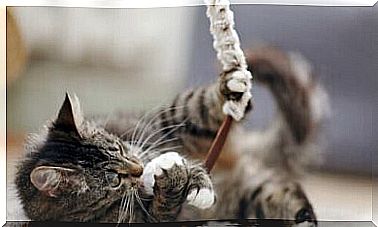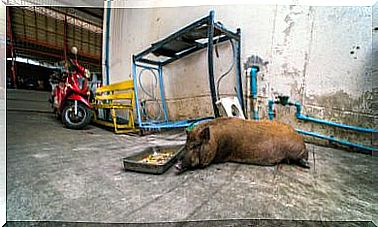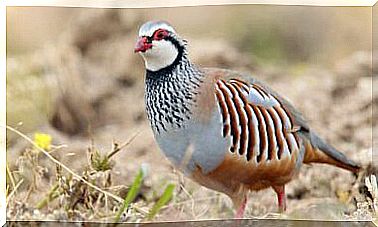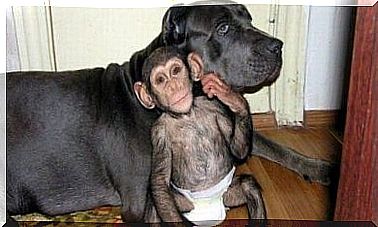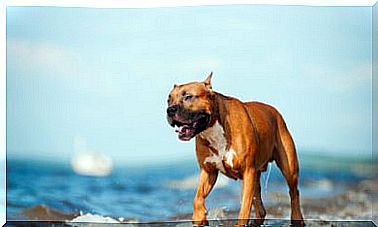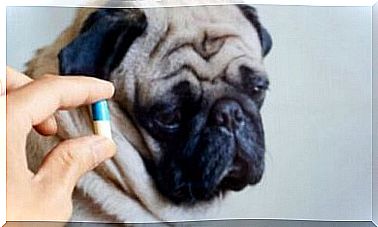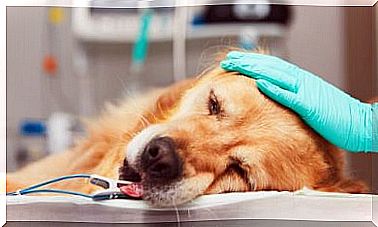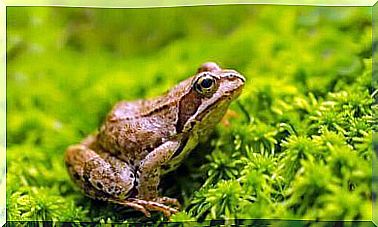Kidney Problems In Cats: Symptoms And Treatment
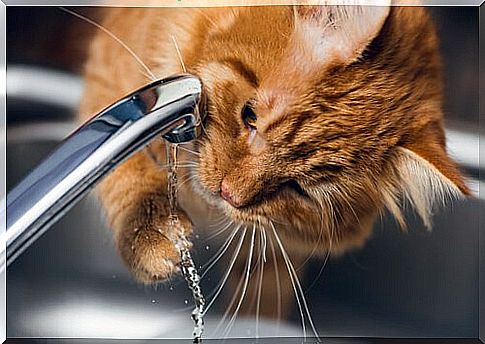
Kidney problems in cats are quite common, especially in older cats that are over seven years of age. With the passage of time, wear and tear and the course of various pathologies, the kidneys begin to function less. It is therefore essential to increase the frequency of visits to the vet, in order to diagnose these problems as soon as possible.
What are kidney problems in cats?
Although the diagnosis and treatment of these diseases is entirely up to the veterinarian, it is important for owners to know the symptoms of kidney problems in cats. Constant observation of your cat will allow immediate detection of any sudden changes in health.
Together with the bladder and liver, the kidneys are the main organ responsible for eliminating toxic elements from the blood. They are also essential for regulating the level of water in the body, so they are essential in the processes of dehydration.
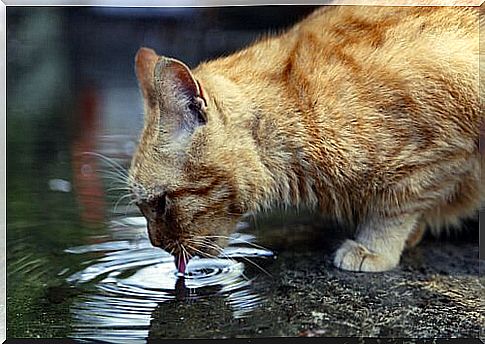
Kidney problems in cats: most common symptoms
There are many manifestations that can appear in the presence of these disorders. One of the most typical is the appearance of polydipsia and polyuria. These terms, used in the medical field, mean an increase in thirst and, at the same time, also in diuresis. It means that if your cat starts drinking a lot more water, and visits the litter box more often, there may be some kidney problems.
Other common symptoms, useful for detecting kidney problems in cats, are vomiting and dehydration. A trick to tell if the animal is dehydrated is to give it a light pinch on the skin. If the layer takes more than a second to return to its place, it means that there is a real problem of lack of fluids.
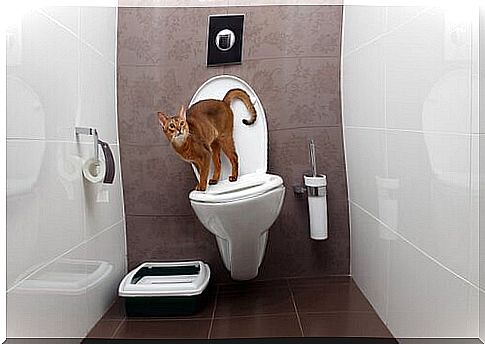
Kidney problems in cats: treatment
Kidney problems can have different causes, even if the pathology par excellence in cats is certainly kidney failure. Normally, treatment focuses on the symptoms, since the kidneys are now at their limit and the goal is that they keep their function for as long as possible.
Treatment will focus on the cat’s diet, especially due to the high dehydration of these animals. The kidney no longer filters urine well and ends up excreting an excessive amount of fluid. The power supply should include moist foods, and a greater quantity of water.
The protein content of the diet is also important, as urea production has been impaired. So you will have to offer less protein but always and only choose better quality ones. They are vital nutrients for cats and you should always follow what your veterinarian tells you. Follow his directions to the letter and avoid experiments or do-it-yourself diets .
Supplements and supplements for cats with kidney problems
The amount of phosphorus should also be reduced, always at a low concentration, unless your vet provides you with chelators. Potassium supplements may also be provided, which also allows the regulation of hypertension in cats.
L ‘ excessive vomiting may be treated with antiemetic and, in severe cases, with vasodilators, which have several advantages for improving kidney function.
